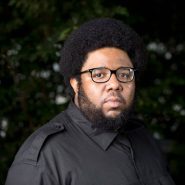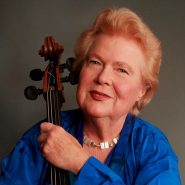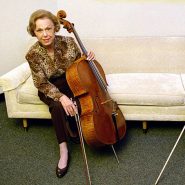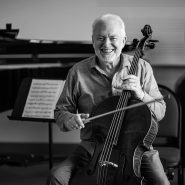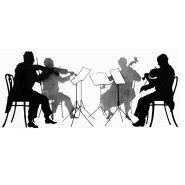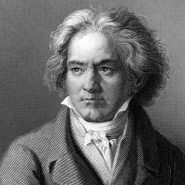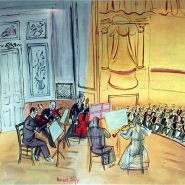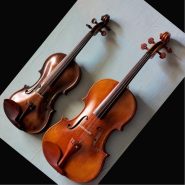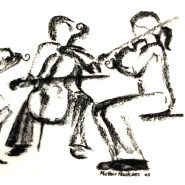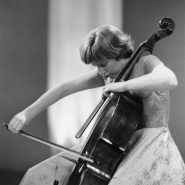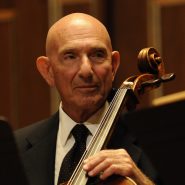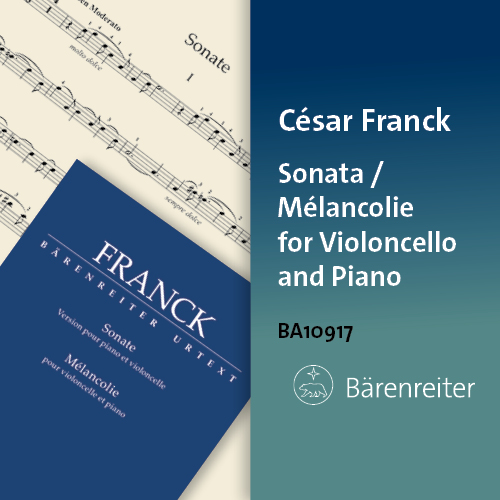Tag: chamber music
By Khari Joyner March 10, 2021
Subjects Repertoire
By Tim Janof February 8, 2021
By Tim Janof March 1, 2020
Subjects Interviews
By Tim Janof August 5, 2019
Subjects Interviews
By Thomas Rosenberg July 17, 2016
Subjects Chamber Music
By Guest Blogger June 15, 2016
Subjects Repertoire
Tags Beethoven, chamber music, repertoire, Sonata
By Thomas Rosenberg May 7, 2016
Subjects Chamber Music
By Thomas Rosenberg March 20, 2016
Subjects Chamber Music
By Thomas Rosenberg February 25, 2016
Subjects Chamber Music
By Thomas Rosenberg February 17, 2016
Subjects Chamber Music
By Thomas Rosenberg January 8, 2016
Subjects Chamber Music
By Thomas Rosenberg December 8, 2015
Subjects Chamber Music
By Blogmaster August 27, 2014
By Thomas Rosenberg January 27, 2014
Subjects Chamber Music, Practicing
Tags Adjustments, chamber music, expressive intonation, fuzzy sound, good instrument tuning, great intonation, group intonation, hand position, intonation, intonation exercises, left hand position, Listening, onion, open strings, patience, rehearsing, Rosenberg, string groups, student ensembles, Thomas, time management, tuning, working
By Melissa Kraut March 14, 2013
Subjects Artistic Vision, Practicing
Tags achieve a common goal, athlete, bleachers, cello, cellobello, chamber music, Cleveland Institute of Music, competitions, discipline, early morning practice, eat well, exercise, frustration, getting enough sleep, high school orchestra assembly, increments, Interlochen Arts Academy, letter jacket, Melissa Kraut, orchestra, passion, pool, professor, progress, refine a skill, Reflections fro the bleachers, repetition, sick, sleep well, stretch, successful musicians, swimming, swimming mom, tempo, timing, training, unhealthy, Wenger chairs
